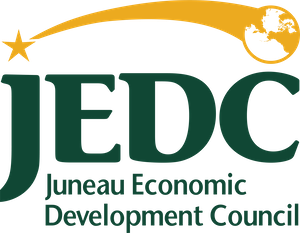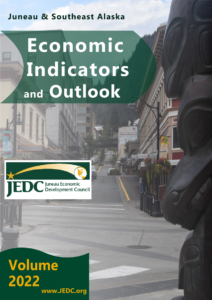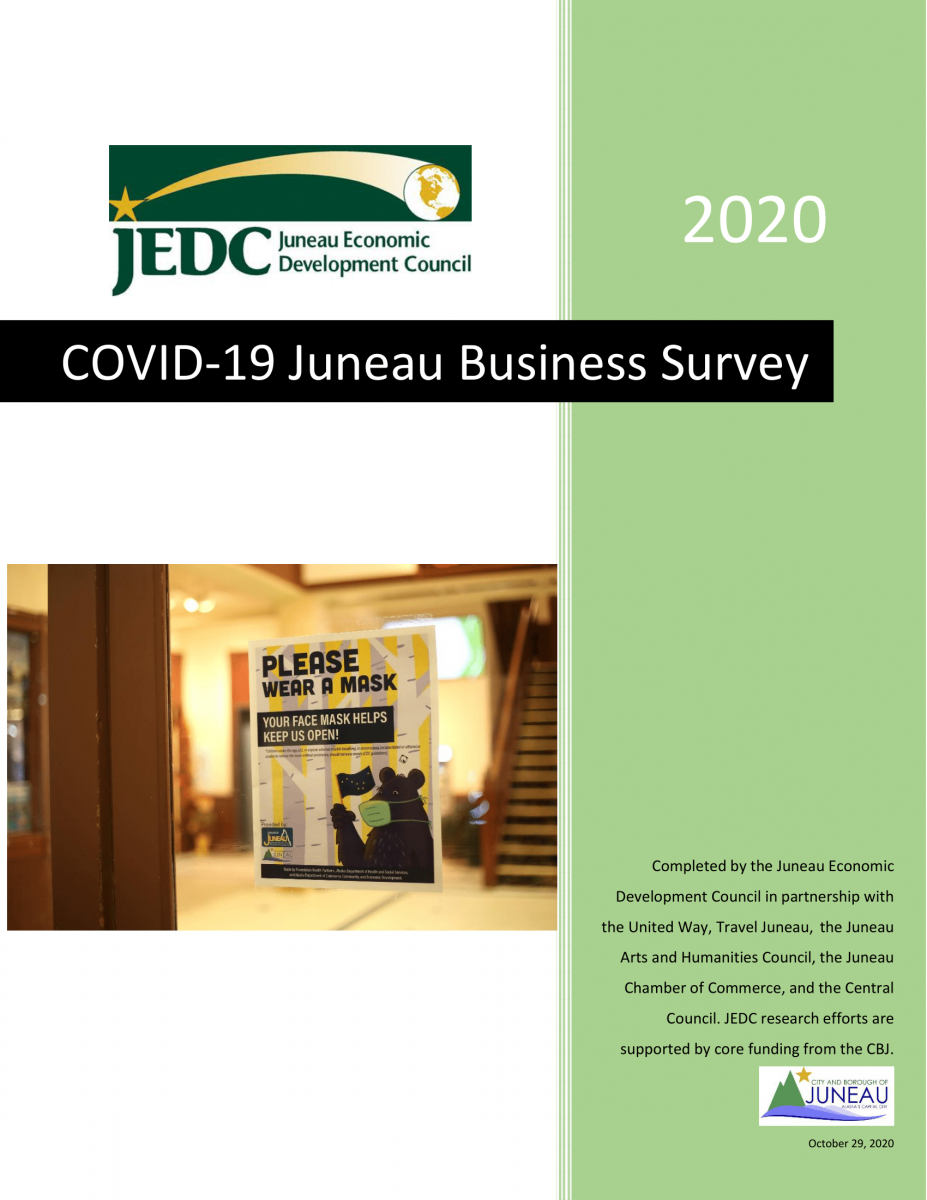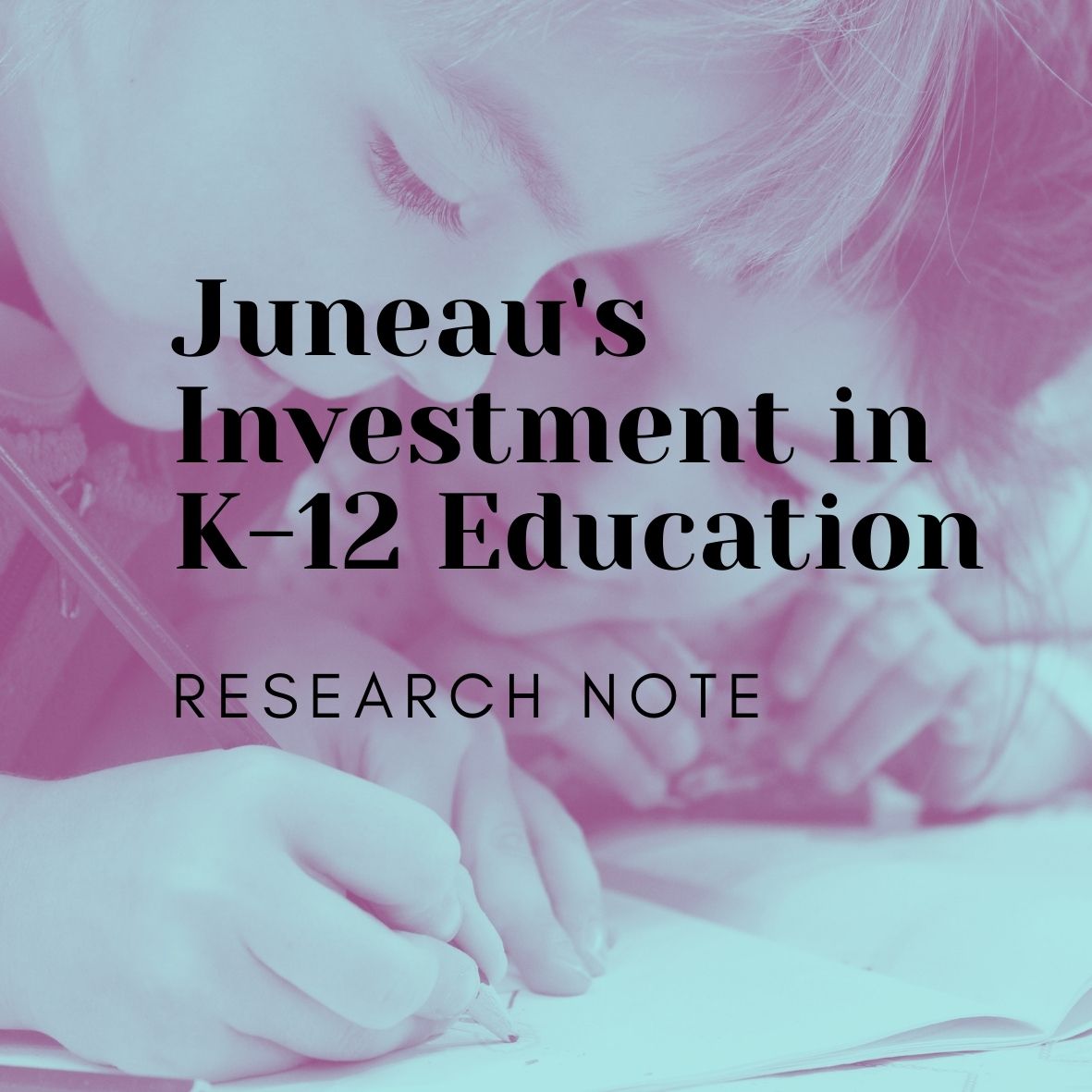Cluster Co-Chairs: Alec Mesdag, AEL&P and Bill Leighty, The Leighty Foundation/Alaska Applied Sciences
Highlights
- Since facilitation of a Cluster Working Group began in 2012, the adoption of electric transportation has proceeded at an accelerated pace in Juneau.
- A grant award was secured for the purchase and installation of electric vehicle (EV) charging stations, promotions of EVs, and to provide servicing support.
- An electric vehicle club was launched and affiliated with the national Electric Automobile Association.
- A local business put into service the first plug-in hybrid electric tour bus, and a new business formed to develop a first of its kind electric tour boat.
- A local company began to evaluate the feasibility of providing district heat to the downtown core. Juneau community members were invited on a study tour of district heating and sea-water heat pumps in Norway and Denmark.
- Grant funds were secured for a feasibility study for a locally sourced biomass district energy system in Kake, AK. This project has now moved into the design phase.
A review of Renewable Energy Cluster Working Group initiatives is found below.
Expand Adoption of Electric Vehicles
The goal of this initiative is to increase adoption of electric vehicles (EV) by residents and businesses through education and awareness outreach, and development of services, policy and infrastructure such as charging stations, EV mechanics and incentive programs. The combination of Juneau’s closed road system and short average commute provides a unique opportunity for the use of electric vehicles. Since the launch of this initiative in 2013, Juneau has gone from having less than 5 electric cars, to at least 65 confirmed in December of 2016.
- In 2013, this initiative applied for, and was awarded, a grant from the Funder’s Network, in partnership with the Juneau Community Foundation, to install EV charging stations, promote EVs, and provide servicing support in Juneau.
 In 2014, the grant to install EV charging stations, promote EVs, and provide servicing support was implemented with great success. The grant brought $25,000 in funding to the region which was matched by more than $25,000 in funds from local businesses (Juneau Hydropower, Stanley Ford, IBEW, AELP, The Leighty Foundation), the Juneau Community Foundation, and in-kind labor donations by JEDC and CBJ. It accomplished the following:
In 2014, the grant to install EV charging stations, promote EVs, and provide servicing support was implemented with great success. The grant brought $25,000 in funding to the region which was matched by more than $25,000 in funds from local businesses (Juneau Hydropower, Stanley Ford, IBEW, AELP, The Leighty Foundation), the Juneau Community Foundation, and in-kind labor donations by JEDC and CBJ. It accomplished the following:- Purchased and installed fourteen electric vehicle charging ports.
- Assisted one additional mechanic in getting certified to service electric vehicles in Juneau.
- Held four public events including over 50 electric car test drives outside of Juneau in Southeast Alaska.
- Generated news articles in print media, radio and internet that raised awareness about the benefits of electric vehicles in Southeast Alaska and raised awareness of Juneau’s EV initiative on a national level.
- Increased EVs in Juneau from less than 5 to more than 20 in less than one year.
- Increased the number of car dealerships selling EV’s in Juneau from 1 to 2.
- While focused initially on Juneau, the experience gained through this initiative was shared with other communities in Southeast. In 2014 we took an electric car to Wrangell where over 50 test drives were given. Also in 2014, this initiative team expanded to developing and increasing all types of electric transportation in Juneau. Tongass Rain Electric Cruise, a private company, formed in 2014 after being inspired at the 2014 Innovation Summit. This company has commissioned an electric boat that will provide whale watching tours.
 In 2015, the initiative team developed a resolution adopted by the CBJ Assembly in support of electric transportation development in Juneau. A team of six from Juneau was one of twelve teams around the nation invited to attend an E-lab Accelerator Workshop put on by the Rocky Mountain Institute for community electric innovation and began work on a broader EV roadmap to develop and increase all types of electric transportation in Juneau. Charging stations were installed at the Mendenhall Valley Public Library, Eaglecrest Ski Area, Kootznoowoo Plaza, and at the State Library, Archives and Museum parking garage. Alaska Coach Tours brought the BYD electric bus up for the ATIA conference. The cluster advertised that visit widely, pushing up the number of test rides. While the BYD bus was here, Capital Transit was able to take a test drive. Based on the comfort with this technology gained through this visit, Capital Transit prepared a grant application, with the help of the cluster, to the Federal Transportation Administration for two electric buses to add to the Capital Transit fleet. This application was turned down. The team applied for CBJ passenger fee funds to install an electric bus charging station near the cruise berths downtown and for funds for a revolving loan fund for commercial electric vehicle purchases and conversions. Both were turned down. A proposal was submitted in coordination with the Funders Network and the Juneau Community Foundation to continue support for electric vehicle adoption (not just cars) in Juneau. This was also turned down. The group made contact with the Quebec Ground Transportation Cluster by teleconference.
In 2015, the initiative team developed a resolution adopted by the CBJ Assembly in support of electric transportation development in Juneau. A team of six from Juneau was one of twelve teams around the nation invited to attend an E-lab Accelerator Workshop put on by the Rocky Mountain Institute for community electric innovation and began work on a broader EV roadmap to develop and increase all types of electric transportation in Juneau. Charging stations were installed at the Mendenhall Valley Public Library, Eaglecrest Ski Area, Kootznoowoo Plaza, and at the State Library, Archives and Museum parking garage. Alaska Coach Tours brought the BYD electric bus up for the ATIA conference. The cluster advertised that visit widely, pushing up the number of test rides. While the BYD bus was here, Capital Transit was able to take a test drive. Based on the comfort with this technology gained through this visit, Capital Transit prepared a grant application, with the help of the cluster, to the Federal Transportation Administration for two electric buses to add to the Capital Transit fleet. This application was turned down. The team applied for CBJ passenger fee funds to install an electric bus charging station near the cruise berths downtown and for funds for a revolving loan fund for commercial electric vehicle purchases and conversions. Both were turned down. A proposal was submitted in coordination with the Funders Network and the Juneau Community Foundation to continue support for electric vehicle adoption (not just cars) in Juneau. This was also turned down. The group made contact with the Quebec Ground Transportation Cluster by teleconference.- As a result of attention focused on this initiative, a local business, Gastineau Guiding, purchased and put into service a plug-in hybrid electric shuttle bus in the summer of 2016. The entrepreneur developing the first electric tour boat forged new ground with the Coast Guard to be certified for tours. This is the first of its kind in the United States.
- In 2016, an electric vehicle club, the Juneau Electric Vehicle Association, was launched and affiliated with the national Electric Auto Association. Nearly 30 people attended the first EV club meeting. The RE cluster partnered with the CBJ, the Juneau Commission on Sustainability and REAP to sponsor an EV educational event for the community, The Case for Electric Vehicles in Juneau. With the number of electric cars in Juneau now surpassing 80, the launch of the EV club, and establishment of 12 public charging station locations with 17 total charge ports, the cluster will focus on electrifying Juneau’s commercial transportation sector.
Conceive and Model an Alaskan District Heating System
The goal of this initiative was to research and model what a district heating system in Southeast Alaska would look like and what would be required to get there, and then take steps to move it forward and make it a reality. This initiative was successfully concluded in 2016 with the announcement of plans to bring district heating to Juneau.
- In 2013, the initiative team developed a white paper to use for education and outreach purposes, and received a report from the National Renewable Energy Labs (NREL) on basic energy load of key buildings in Juneau’s downtown area.
- USDA RBEG funds were used to complete a feasibility study for a locally sourced biomass district energy system in Kake, AK. The project has now moved into the design phase.
- In 2014, two district energy workshops were held, bringing to Juneau energy experts from Vermont and Minnesota, Jesse Baker, Assistant City Manager for Montpelier, VT and Michael Ahern, Senior Vice President of Product Development for Evergreen Energy from Minneapolis, MN. These visitors gave a presentation to a group of local, state and federal government managers and one open to the general public. Both presentations were well attended and provided information about district heat concepts, benefits and challenges, and specific examples from the district heat system currently in operation in Montpelier. The visit resulted in Juneau’s city manager visiting Montpelier, VT.
- As a result of attention focused on the issue of district heat, Juneau Hydropower began to evaluate the feasibility of providing district heat to the downtown core. In February 2016 they unveiled their plans to go forward with the project at the JEDC Innovation Summit. News of this announcement was picked up by national media and came to the attention of the Danish Embassy. There was a meeting in April, 2016 organized by the Juneau Hydropower with representatives of the Danish Embassy, Danfoss, a Danish firm, the CBJ and JEDC to talk about the support the Danes can provide to projects using Danish firms (potential loan guarantees). They focused more generally on the growth and benefits of district heating systems in Denmark.
 As a next step, JEDC and other community members received an invitation from the Government of Denmark and attended a District Heat study tour in Copenhagen, Denmark and Drameen, Norway. In addition to seeing first-hand the application of district heating as a way to utilize energy more efficiently, with significant cost benefits to homes and commercial clients, the group also saw a sea-water heat pump being used a source of energy for a district heating system in Norway. The widespread use of district heating systems and the plethora of vendors and expertise certainly make this ambitious Juneau project seem very much within the realm of the possible.
As a next step, JEDC and other community members received an invitation from the Government of Denmark and attended a District Heat study tour in Copenhagen, Denmark and Drameen, Norway. In addition to seeing first-hand the application of district heating as a way to utilize energy more efficiently, with significant cost benefits to homes and commercial clients, the group also saw a sea-water heat pump being used a source of energy for a district heating system in Norway. The widespread use of district heating systems and the plethora of vendors and expertise certainly make this ambitious Juneau project seem very much within the realm of the possible.
Develop Renewable Energy Heating Demand
The goal of this initiative is to promote adoption of renewable space heating alternatives. The initiative initially focused on development of biomass energy to complement the region’s hydroelectric energy supply. With attention focused on this issue, the US Forest Service saw a need for, and hired, a full-time state-wide renewable energy coordinator to support the development of biomass energy demand in the state. With the creation of this Forest Service position, the RE Cluster chose to provide support, as needed, to the wood energy coordinator.
 In 2012, JEDC facilitated two “Wood 2 Energy Initiative” kickoff meetings. These were followed by a series of sector focus group meetings as part of the process of developing an implementation roadmap. In 2013, presentations and a workshop were held with Austrian Biomass Cluster representative, Bernard Holzer, and Andrew Haden of Wisewood, Inc. Hiring of the wood the energy coordinator helped triple the commercial biomass boiler installments throughout Southeast Alaska, including Ketchikan Airport.
In 2012, JEDC facilitated two “Wood 2 Energy Initiative” kickoff meetings. These were followed by a series of sector focus group meetings as part of the process of developing an implementation roadmap. In 2013, presentations and a workshop were held with Austrian Biomass Cluster representative, Bernard Holzer, and Andrew Haden of Wisewood, Inc. Hiring of the wood the energy coordinator helped triple the commercial biomass boiler installments throughout Southeast Alaska, including Ketchikan Airport.- In 2016, cluster members looked at the need for support for the sales and installation of ground and air source heat pumps. In discussions with members of the industry, consumer education emerged as the primary need. The group partnered with the CBJ and the Juneau Commission on Sustainability to sponsor a very successful educational event for the community, Renewable Heating Alternatives for Juneau, that consisted of a panel of installers and users discussing and answering questions on operation and installation of alternative space heating systems.
Conduct Market-driven Renewable Energy Economic Modeling for Southeast Alaska
The goal of this initiative was to develop credible business cases for profitably harvesting and delivering to market diverse renewable energy resources in Southeast Alaska. In 2012, JEDC commissioned a study of the aggregate demand for energy in our region, including all energy types, broken down by energy type and by community. This data was identified as a valuable piece of information that has not yet been compiled for our region. In 2014, the study, Southeast Alaska Energy Demand, was completed and shared widely. This initiative was successfully concluded with this first of its kind itemization of the aggregate demand for energy in our region now available to the public.

 In 2014, the grant to install EV charging stations, promote EVs, and provide servicing support was implemented with great success. The grant brought $25,000 in funding to the region which was matched by more than $25,000 in funds from local businesses (Juneau Hydropower, Stanley Ford, IBEW, AELP, The Leighty Foundation), the Juneau Community Foundation, and in-kind labor donations by JEDC and CBJ. It accomplished the following:
In 2014, the grant to install EV charging stations, promote EVs, and provide servicing support was implemented with great success. The grant brought $25,000 in funding to the region which was matched by more than $25,000 in funds from local businesses (Juneau Hydropower, Stanley Ford, IBEW, AELP, The Leighty Foundation), the Juneau Community Foundation, and in-kind labor donations by JEDC and CBJ. It accomplished the following: In 2015, the initiative team developed
In 2015, the initiative team developed  As a next step, JEDC and other community members received an invitation from the Government of Denmark and attended a District Heat study tour in Copenhagen, Denmark and Drameen, Norway. In addition to seeing first-hand the application of district heating as a way to utilize energy more efficiently, with significant cost benefits to homes and commercial clients, the group also saw a sea-water heat pump being used a source of energy for a district heating system in Norway. The widespread use of district heating systems and the plethora of vendors and expertise certainly make this ambitious Juneau project seem very much within the realm of the possible.
As a next step, JEDC and other community members received an invitation from the Government of Denmark and attended a District Heat study tour in Copenhagen, Denmark and Drameen, Norway. In addition to seeing first-hand the application of district heating as a way to utilize energy more efficiently, with significant cost benefits to homes and commercial clients, the group also saw a sea-water heat pump being used a source of energy for a district heating system in Norway. The widespread use of district heating systems and the plethora of vendors and expertise certainly make this ambitious Juneau project seem very much within the realm of the possible. 



